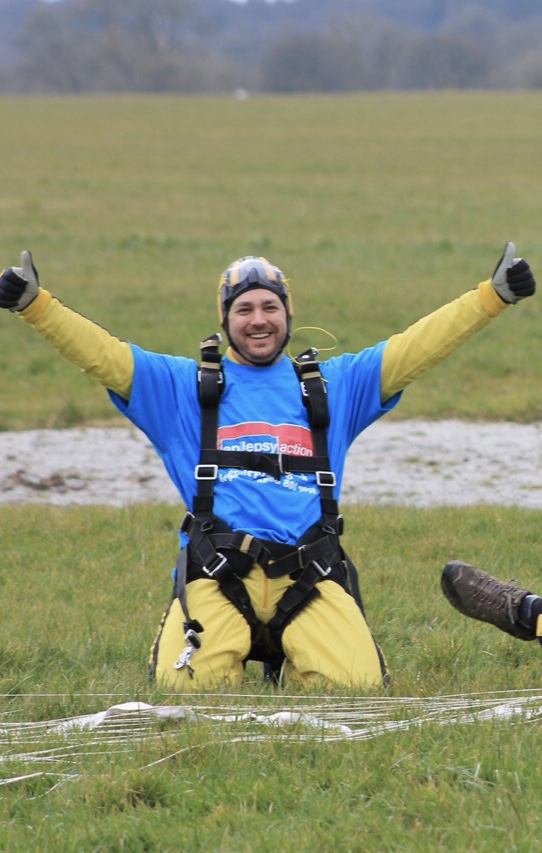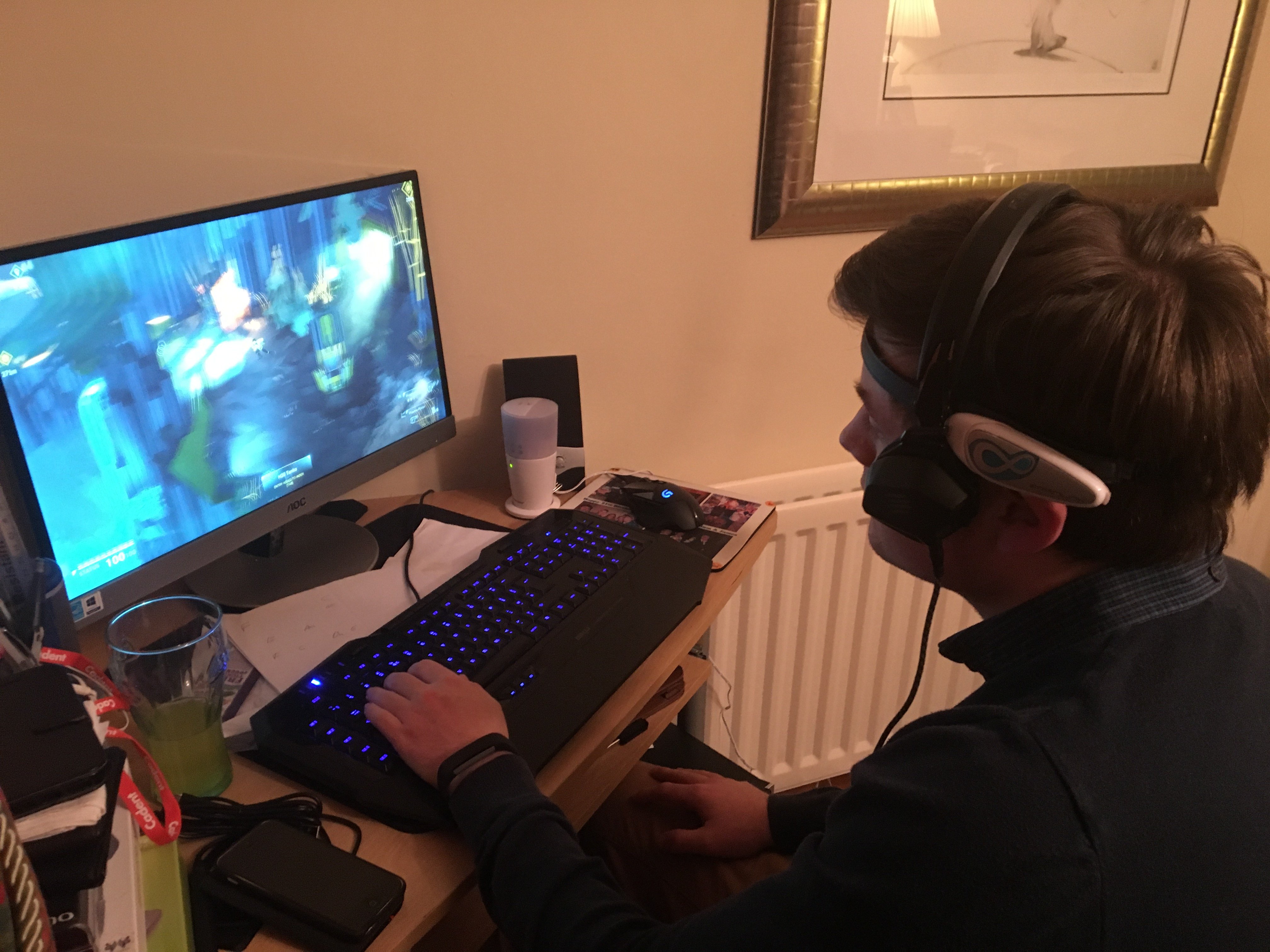Many people with epilepsy experience social isolation. One of the most common causes is the fear of potential embarrassment if a seizure occurs and this often prevents people with epilepsy from attending social functions or sharing their story with others. Simon Privett from the UK is an example of the contrary. Simon is actively involved in a number of initiatives and uses both face-to-face meetings and social media to engage with others affected by epilepsy. Later this year, he will be awarded with the prize Volunteer of the Year by Epilepsy Action. In this interview, Simon shares his story and work within the epilepsy community.
Topics: epilepsy, impact on family, support, living with epilepsy, familiy, support group, awareness, epihunter, research support, epilepsy action, social media
Ring Chromosome 20 syndrome, also known as r(20), is an ultra-rare condition, the first symptom of which is usually epilepsy. Due to the delayed onset of the signs of the syndrome and the difficulties in identifying it, no true statistics for r(20) exist. This isn’t good enough for Allison Watson, co-founder of Ring20 Research & Support UK CIO. Here, she explains why.
Topics: epilepsy, impact on family, support, living with epilepsy, familiy, support group, awareness, epihunter, rare diseases, r(20), ring chromosone 20 syndrome, research support
Interview with Eva Schoeters, founder be-TSC
Tuberous Sclerosis Complex (TSC), also known as Bourneville's disease, is a complex genetic disease of which epilepsy is often one of the symptoms. Clear communication around TSC and tight monitoring of it is crucial to limiting the impact of the condition. That is why Eva has committed herself to the role of chairman of be-TSC, an association that wants to be there for those who have to deal with TSC. In this blog, she tells more about TSC and shares her story.
Topics: absence, epilepsy, uncertainty, impact on family, support, living with epilepsy, familiy, support group, awareness, spasms, tsc, Tuberous sclerosis, infantile spasms, rare diseases
Interview with Stefanie De Jonghe
Childhood epilepsy has a huge impact on daily family life. It also challenges your feelings as a parent. Stefanie De Jonghe, chairperson of Steunpunt Kinderepilepsie - a Flemish non-profit organisation focused on childhood epilepsy - knows what she’s talking about. Six years ago her daughter, Lenie, was diagnosed with a severe form of epilepsy. Stefanie gives us an honest and touching account of her daily family life and tells us more about the Steunpunt Kinderepilepsie’s mission and activities.
Topics: absence, epilepsy, unsteady agenda, uncertainty, impact on family, support, living with epilepsy, familiy, support group, awareness
No other child is as beautiful as your own, that's for sure. Epilepsy doesn't change that. But that doesn't stop comparisons being drawn between friends and classmates and this at times can lead to difficult realisations. Suzanne, Machteld, Krist, and Peggy share their story.
Topics: absence, epilepsy, living with epilepsy, awareness, confrontations, school, class
Life is filled with beautiful moments. The nice experiences, the good memories. Absence epilepsy does not change that. Life however sometimes entails darker periods. Hard times, the difficult situations and confrontations. And yes, the latter ones may occur more often due to the disorder. That is why it is incredibly important for a parent to take time for oneself, some “me-time”. Accept outside help, share your concerns, grant yourself a little extra. All without any feeling of guilt. Self-care is essential to make life with absence epilepsy bearable. Some parents testify, read their stories below.
Topics: absence, epilepsy, self-care, stressful, self-awareness, support, living with epilepsy, familiy, support group, awareness






